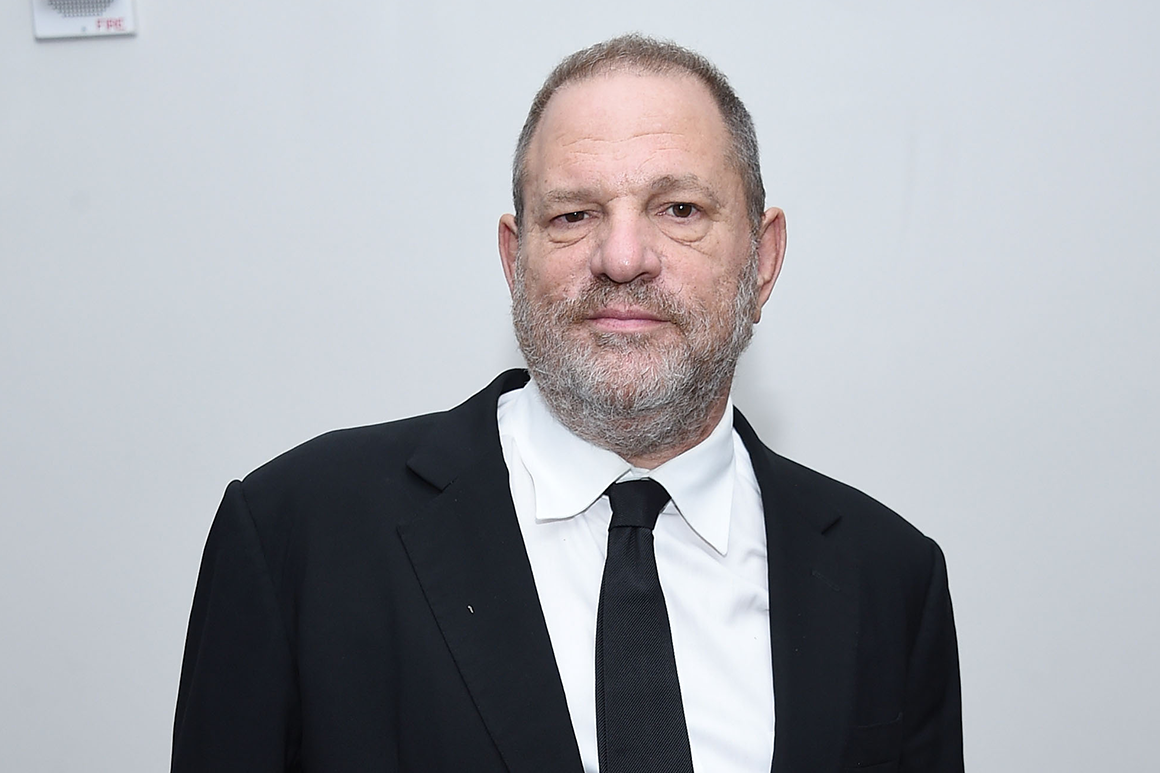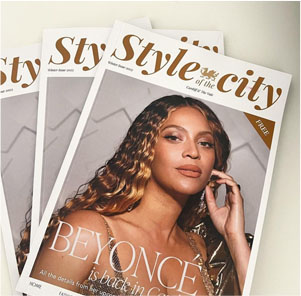While Harvey Weinstein faces a growing list of allegations, the system that protected his actions is breaking down. Women everywhere are coming forward with their own stories of abuse, led by the social media movement #MeToo. Is this the beginning of the end for sexual predators in the film industry?
It all begins and ends with what Weinstein did. By now, we know the narrative all too well. It sounds so familiar. Think about the stories that you’ve heard from your friends, your work colleagues, your family, and yes, your own painful memories.
The stories that we all know and hear usually provoke a similar reaction: “what were you wearing?” and, “are you sure?” These responses make women (and men) think they are overreacting, or looking at things from a mistaken perspective. And yet something very wrong and very real happened to these people – your friends, your family and your colleagues.
Rumours of sexually charged behaviour and aggressive overtures have plagued Weinstein for years, and it’s hard to feign surprise. The story gathers momentum by the day.
The allegations have hit close to home for many people, but with one staggering difference. People knew, and yet they didn’t say a word. Other people allowed this to happen. Weinstein lived and breathed in a culture of abuse, it was normalised; it was prolific.
For victims, keeping their lips sealed is almost an instinct. In the current culture, fear, paranoia and humiliation are the strings attached when someone treats you like their own personal puppet. Victims can never forget, and the abuser leaves an autograph. Secrets and silence are an abuser’s greatest weapons; and allow them to repeat and continue their actions.
Weinstein’s power, wealth and reputation depended on that silence. For the mogul, it was clear. He knew that the actors who were working wouldn’t dare to speak up, for fear of being fired. And for the actors without jobs – they would keep Weinstein’s dark secrets – because they were afraid of never working again.
There is a very distorted and accepted image of masculinity, that is normalised in some of the biggest industries in the world, including entertainment and politics. Deaf to the word “No”, and blind to the necessity of respect, there is an unnerving entitlement attached to some men in hierarchal positions.
The mistreatment of women is the mistreatment of people; of human beings. It exposes an abuse of power that still exists in many workplaces.
Women are touched all the time; and this is normalised. I remember glass collecting when I worked at a bar in Cardiff city centre. Parts of my body were identified as property. With arms full of stacked glasses, I was touched, and all I could do was tell them to stop. I was instructed to “calm down”, and, “this kind of thing happens when you work in a pub”. It wouldn’t be the last time I experienced this kind of abuse.
Women are touched, followed, catcalled, berated, and in the worst, darkest situations, beaten and raped.
For a victim, the words are too loud to speak. The words are dangerous and difficult. The shame feels like it’s ours to bear.
When #MeToo saturated social feeds in mid-October, it was both devastating and encouraging. The aftermath of sexual abuse can materialise into confusing paranoia and ghostly loneliness, but for a moment, we didn’t feel so alone.
Victims of sexual abuse and harassment don’t owe it to you to recount their experience. Just because someone doesn’t talk about it; it doesn’t mean it hasn’t happened. But while these conversations exist, we have the potential to strip predators of their power, to take back control. We have the power to educate, to spread awareness and champion justice.
We must listen. We must educate men and women. We must inform. We must do this for the women who have said #MeToo, the ones who don’t owe you their story, and the ones we hope never have to tell us “What he did”. We must do better.
More than half of women have suffered sexual harassment in the workplace
Trades Union Congress and the Everyday Sexism Project found that up to 63% of women had experienced unwanted behaviour at work including groping, sexual advances and inappropriate jokes







